ARTICLE AD BOX
Image source, TASS via Getty Images
Image caption,Vladimir Putin said Russia was seeking to demilitarise Ukraine
Russian President Vladimir Putin has launched a "special military operation" in Ukraine's eastern Donbas region.
In a televised address, he urged Ukrainian soldiers who are facing off Russian-backed rebels to lay down weapons and return to their homes.
Mr Putin said Russia did not plan to occupy Ukraine, but warned that Moscow's response would be "instant" if anyone tries to take on Russia.
Ukraine and its Western allies earlier said Russia was poised to invade.
Reports are now coming of explosions in several Ukrainian cities, and gunfire near Kyiv's main Boryspil airport.
US President Joe Biden said Washington and its allies would respond in a united and decisive way to "an unprovoked and unjustified attack by Russian military forces" on Ukraine.
"President Putin has chosen a premeditated war that will bring a catastrophic loss of life and human suffering," Mr Biden said.
In a last-ditch attempt to avert war shortly before Mr Putin's announcement, Ukrainian President Volodymyr Zelensky said that Russia could start "a major war in Europe" and urged Russian citizens to oppose it.
Mr Zelensky said Russia had almost 200,000 troops and thousands of combat vehicles on Ukraine's borders.
Russia is launching its military operation just days after recognising the self-proclaimed people's republics of Donetsk and Luhansk in eastern Ukraine.
The breakaway regions - who control large swathes of the Donbas region - later asked Moscow for military support.
Fears of a Russian attack have been rising for months.
Ukraine's state of emergency was overwhelmingly approved by lawmakers on Wednesday, and is now in force nationwide.
It introduces personal document checks, blocks military reservists from leaving the country, bans mass gatherings and places restrictions on radio communication systems. Kyiv's mayor said checkpoints would be set up in roads into the city, and access to government buildings would be restricted.
Simple guide to Ukraine crisis in maps
Tap or click to go through the gallery
-
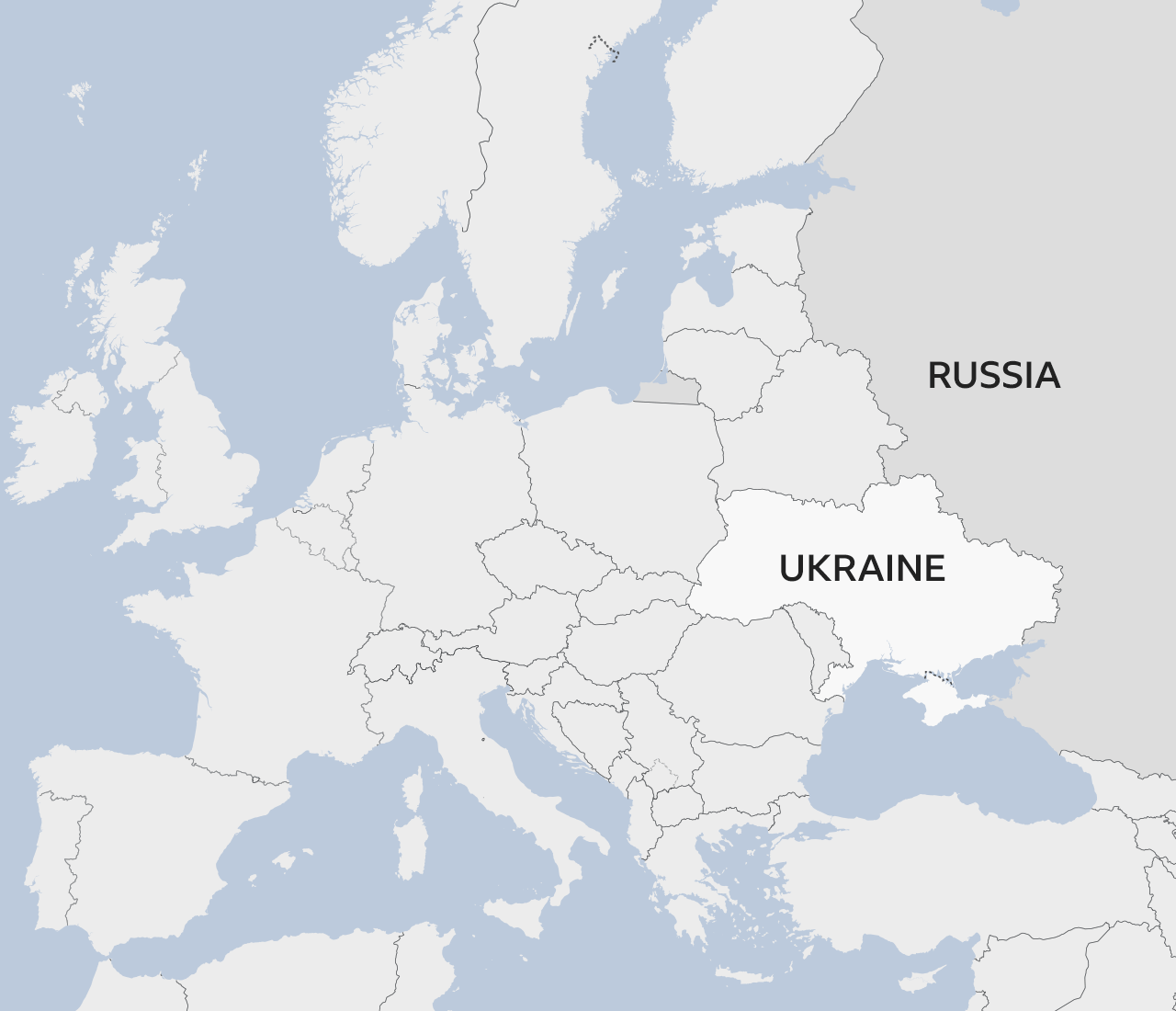
Image caption: Ukraine is in Eastern Europe and shares a border with Russia. It used to be part of the Soviet Union but became an independent country in 1991.
-
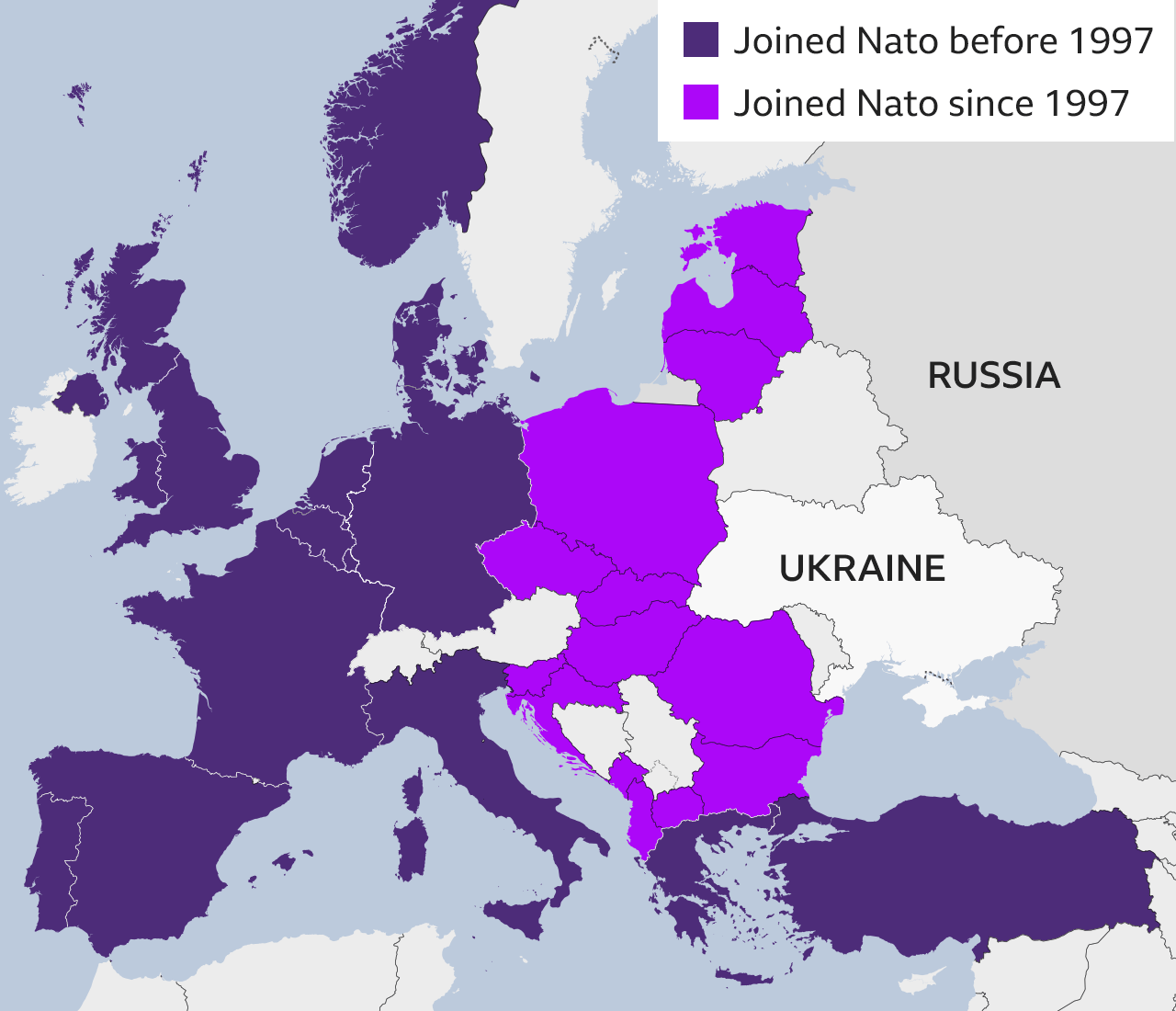
Image caption: It also borders several other countries that are members of Nato, a defensive military alliance formed after World War Two.
-
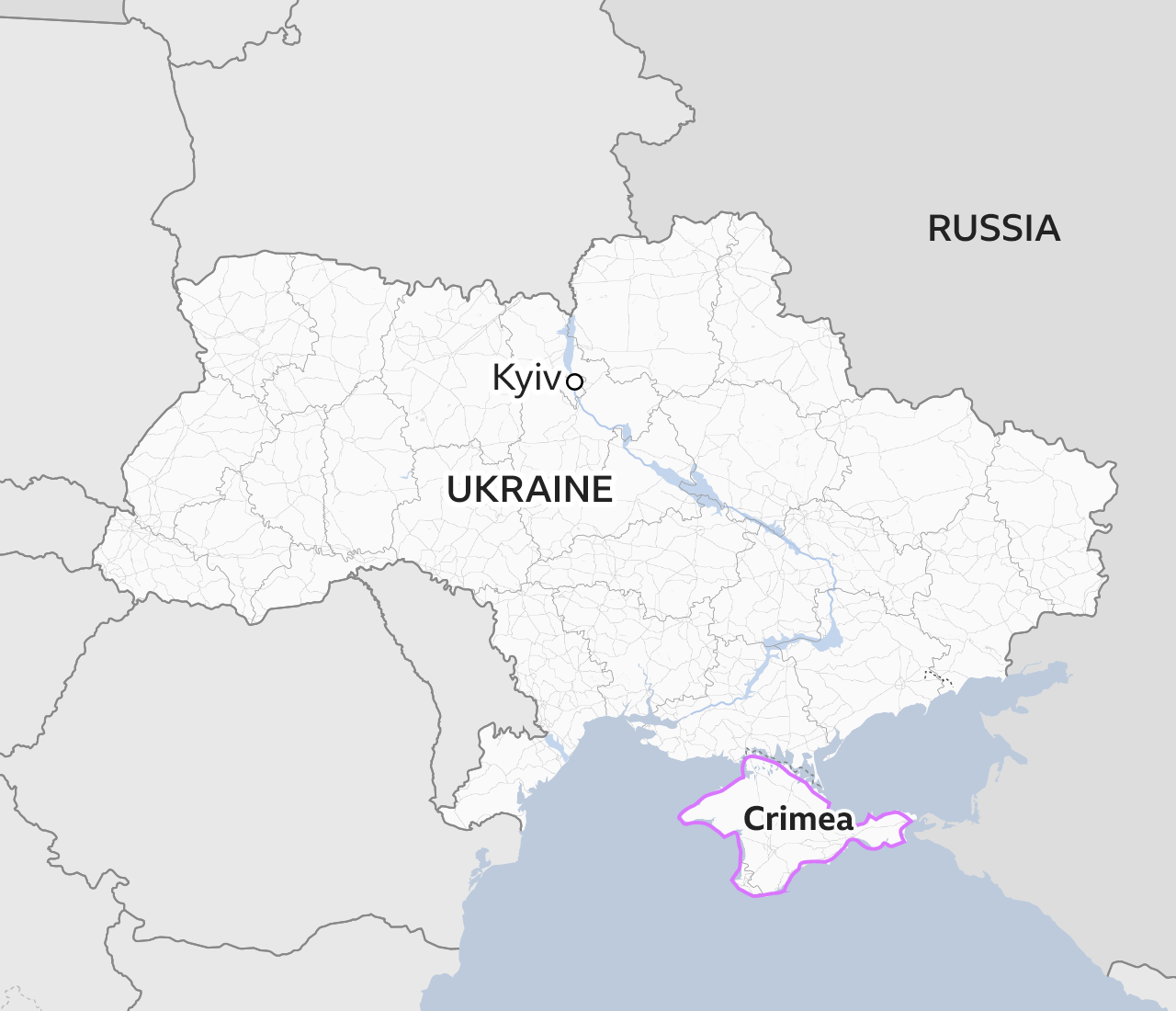
Image caption: President Putin sees Ukraine as historically part of Russia. In 2014, Russia invaded Crimea, in the south of Ukraine, and continues to occupy it.
-
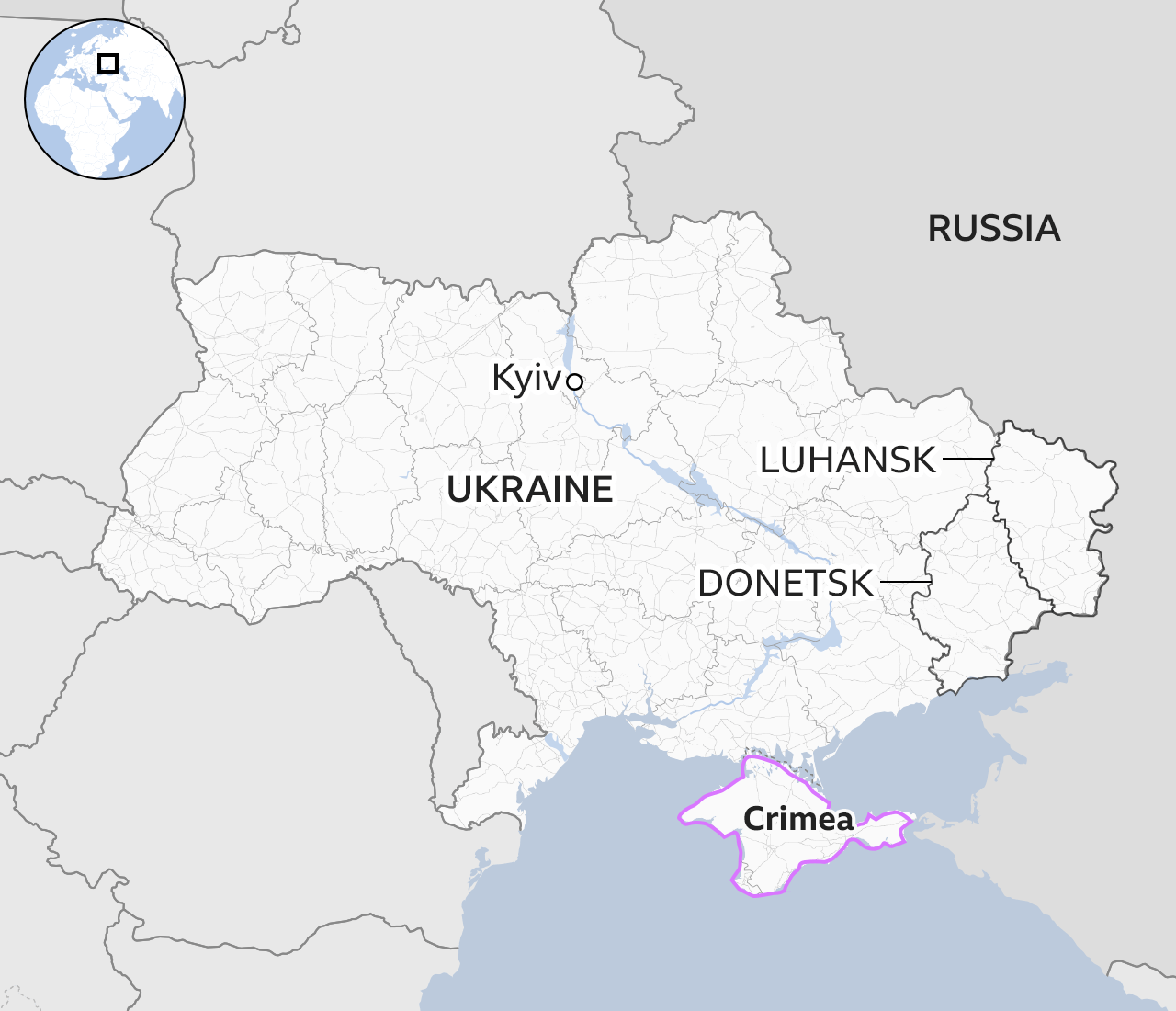
Image caption: Since 2014, Russian-backed separatists and Ukraine’s armed forces have been fighting a war in the eastern regions of Donetsk and Luhansk in which more than 14,000 people have died.
-
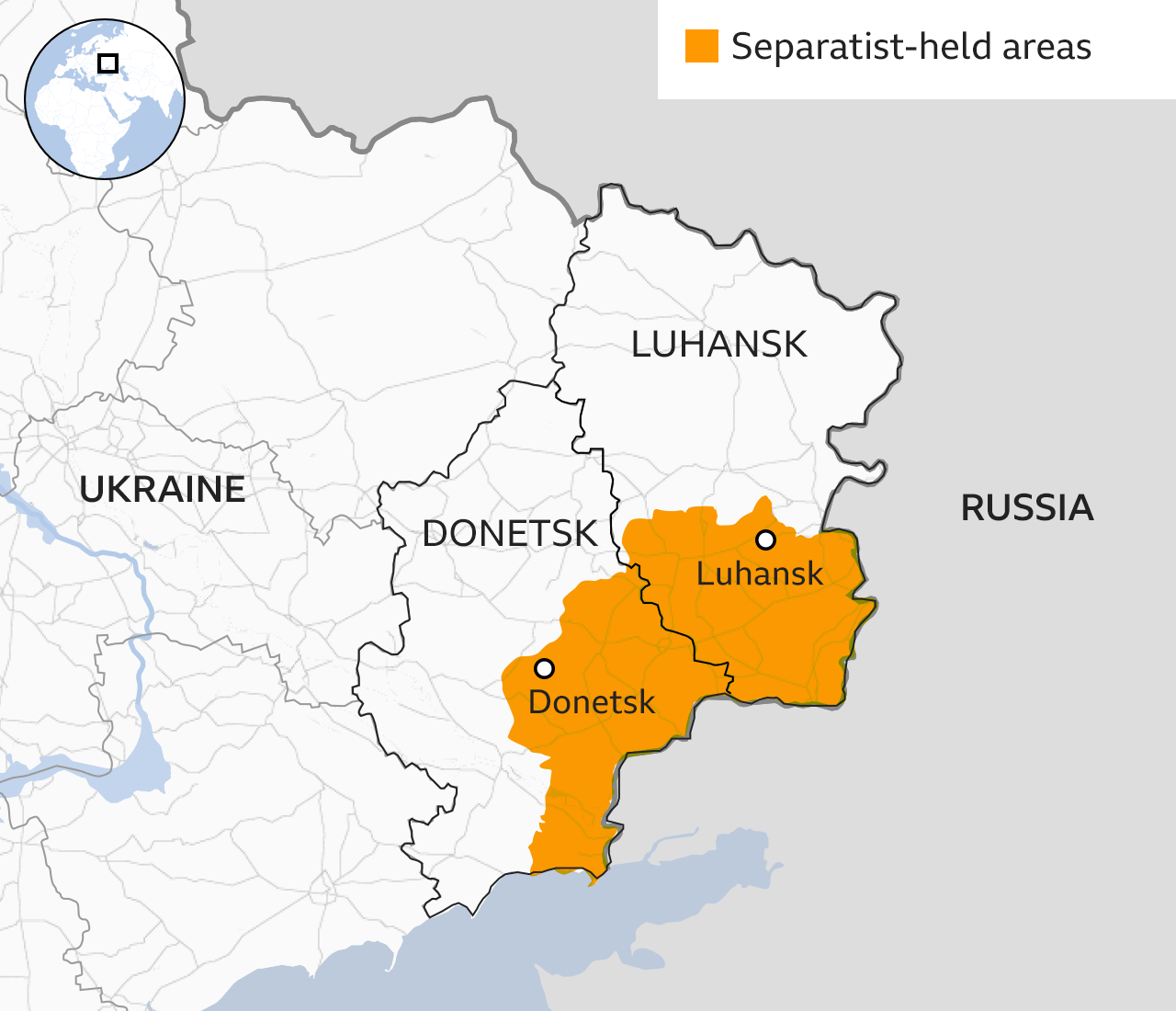
Image caption: President Putin has now recognised the two regions held by the Russian-backed separatists as independent states and ordered Russian troops there, tearing up a peace deal.
End of image gallery
Please include a contact number if you are willing to speak to a BBC journalist. You can also get in touch in the following ways:
If you are reading this page and can't see the form you will need to visit the mobile version of the BBC website to submit your question or comment or you can email us at HaveYourSay@bbc.co.uk.

 2 years ago
17
2 years ago
17

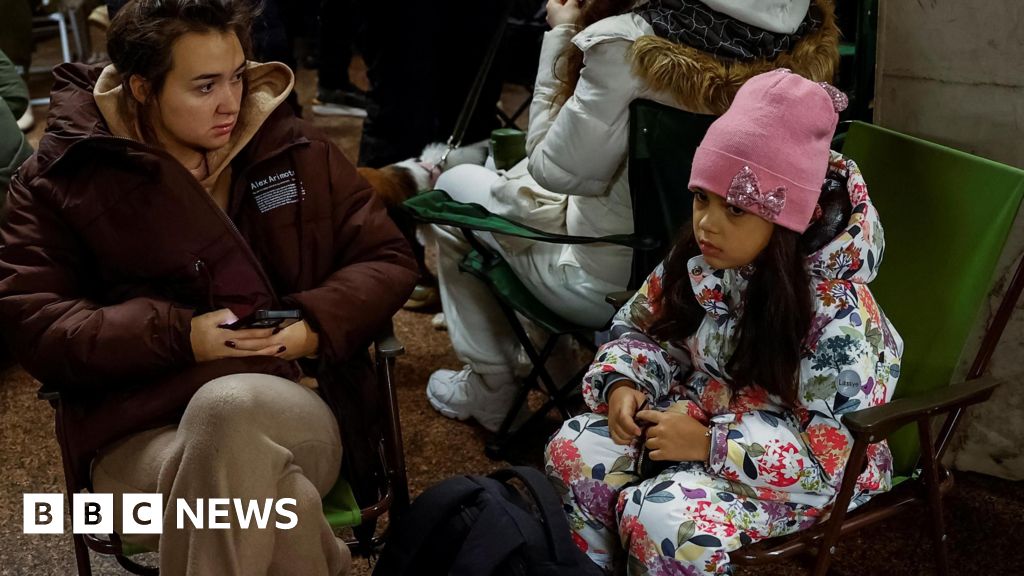
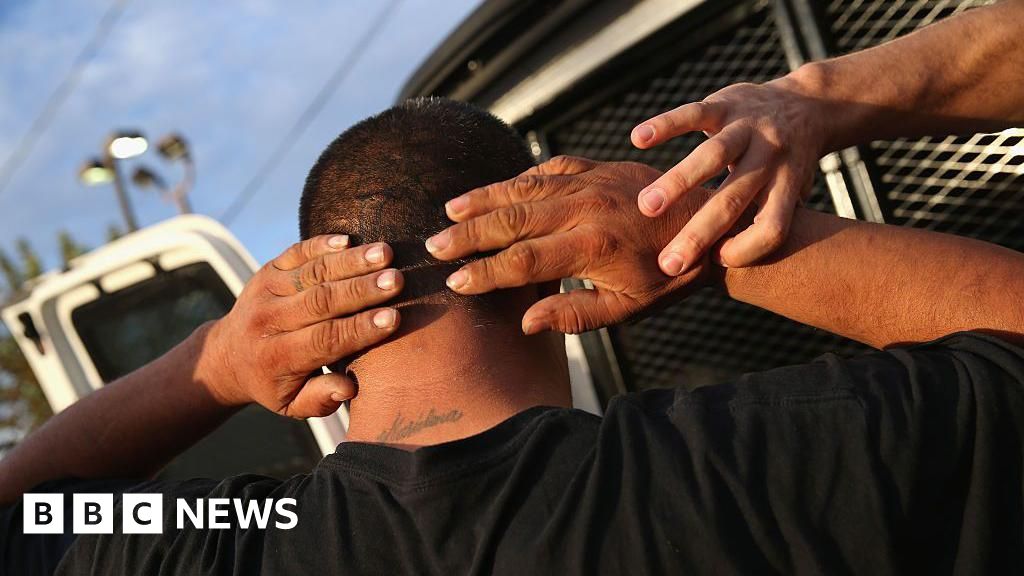





 English (US)
English (US)